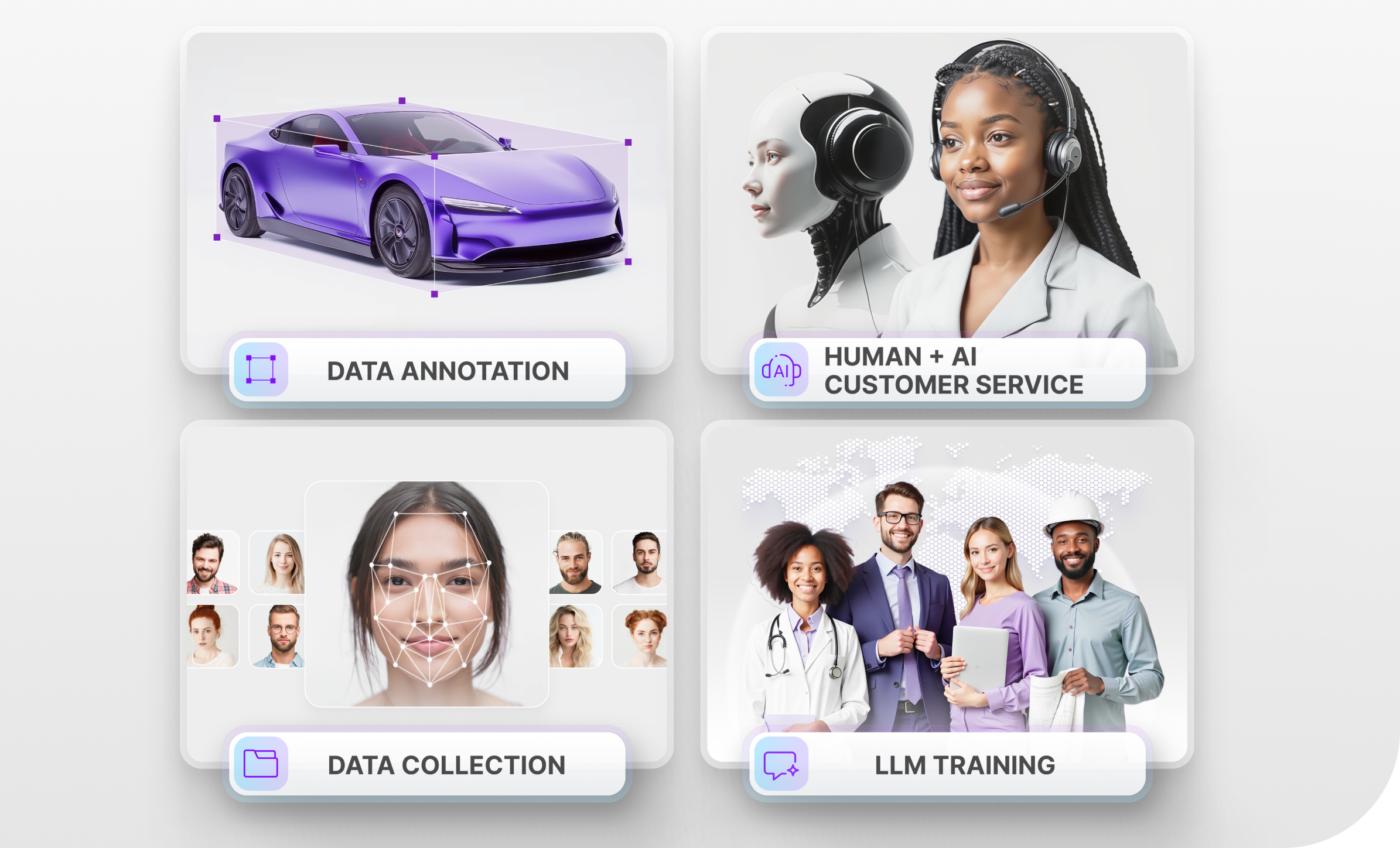An AI Operated Space Shuttle Will Soon Be a Reality
Artemis I, formerly Exploration Mission-1, will be the first integrated test of NASA’s deep space exploration systems: the Orion spacecraft, Space Launch System (SLS) rocket, and the ground systems at Kennedy Space Center in Cape Canaveral, Florida. The first in a series of increasingly complex missions, Artemis I will be an uncrewed flight test that will provide a foundation for human deep space exploration, and demonstrate our commitment and capability to extend human existence to the moon and beyond.
Since there will be no human astronauts in the space shuttle, it will be up to the AI system to reach the moon and perform all of the needed tasks. Let’s take a closer look at these interesting missions and the data annotation that’s required to create such technology.

Let Alexa Take You to the Moon
A lot of people use Amazon’s Alexa virtual assistant to perform some personal tasks such as checking the weather forecast, making dinner reservations, managing schedules, and many other things. However, Alexa is capable of so much more. In fact, Alexa will be communicating with NASA engineers on Earth during its flight and performing the tasks they assign. Lockheed Martin, in partnership with Amazon and Cisco, plans to integrate Alexa and Webex video into NASA’s Orion spacecraft for Artemis 1, in order to demonstrate how astronauts and flight controllers can use human-machine interface technology for space exploration.
So, what exactly will Alexa be doing? It will be responsible for reporting on the status of the spacecraft’s systems and the cabin’s environment (atmosphere, temperature, etc.) and also certain tasks related to the Orion mission, which is a separate project NASA is working on, which is a new spaceship for humans, designed to visit destinations such as the Moon and Mars.
How are Such Technologies AI Technologies Created?
AI chatbots that can understand human speech require data annotation for natural language processing such as entity annotation, which will allow the system to understand and recognize all of the names and terms of the various parts that make up the space shuttle. In addition to this, you will need entity linking which connects the entities to larger repositories of data about them. For example, let’s say that the NASA engineers give the following command: “Open the pod bay doors.” Here we have an entity i.e. the pod bay doors, and then it would need to correctly understand the command.
It is also worth pointing out that obtaining the right dataset to train the machine learning algorithms can be challenging since it needs to be very detailed and tailored to your specific needs. In this particular case, the training dataset would need to contain all of the relevant terminology and commands involved in launching and operating a spacecraft. If such data is not available, it would need to be generated, which is something Mindy Support also has experience with.
What are the Implications for Future Space Exploration?
There is no need to fear that AI will replace astronauts any time soon. In fact, humans and AI systems can work together to better complement each other. For example, AI systems can perform tasks such as monitoring ships’ systems and evaluating data from exploration activities. The humans will evaluate the results of the tasks their AI partners undertake, especially when they are unexpected. Just like you might ask an Alexa device “What’s the temperature out?” The astronauts can ask “What’s the temperature in the cabin?” It’s also interesting to note that the Star Trek computer was one of the inspirations behind Alexa, so we are seeing science fiction becoming a reality right in front of us.
Trust Mindy Support With All of Your Data Annotation Needs
If you are creating an AI product that requires large volumes of data annotation, consider outsourcing such work to Mindy Support. We are one of the leading European vendors for data annotation and business process outsourcing, trusted by several Fortune 500 and GAFAM companies, as well as innovative startups. With 9 years of experience under our belt and 10 locations in Cyprus, Poland, Ukraine, and other geographies globally, Mindy Support’s team now stands strong with 2000+ professionals helping companies with their most advanced data annotation challenges. Contact us to learn more about what we can do for you.





